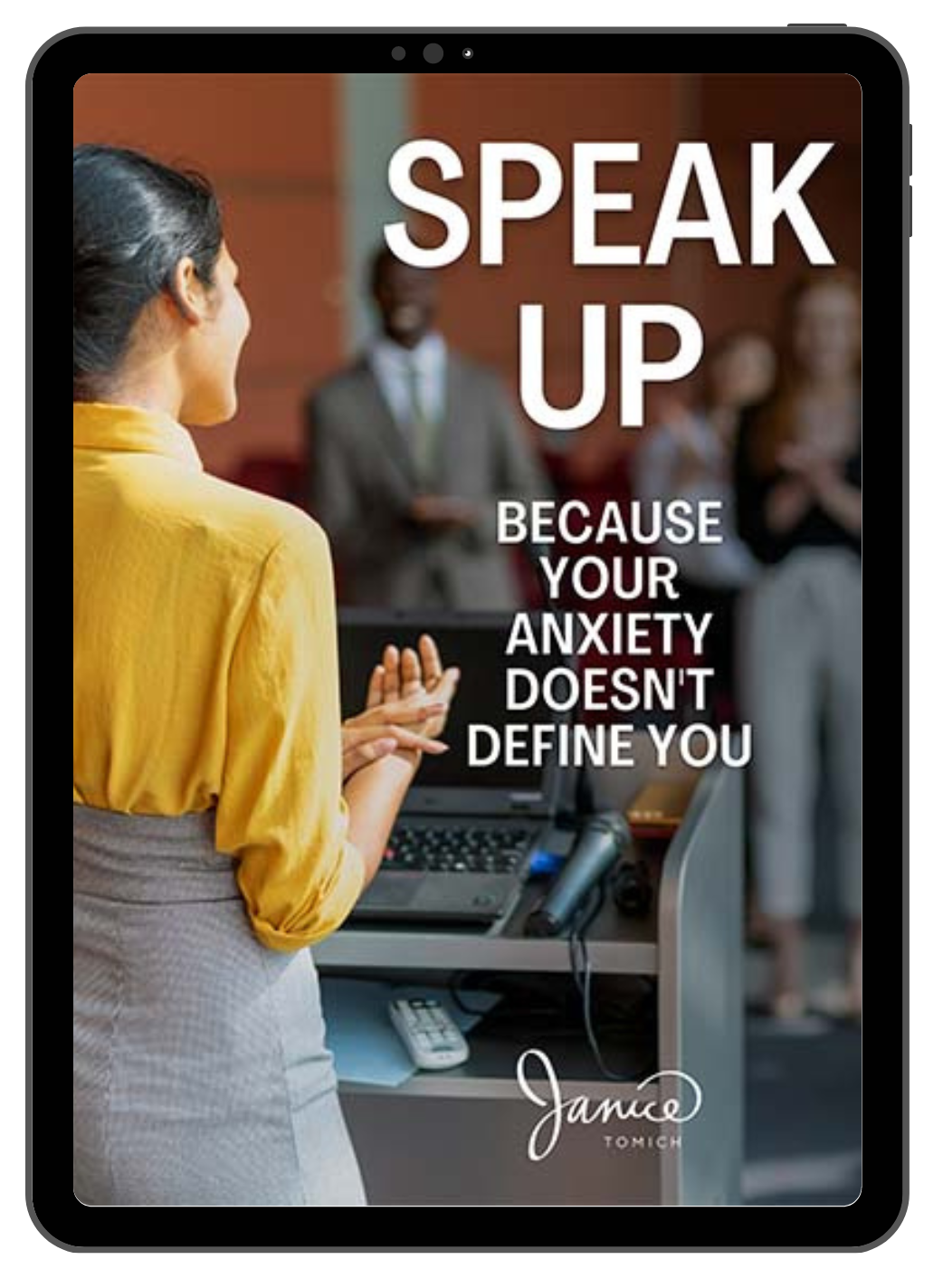Taking Spanish classes as an adult learner has been humbling. It’s also been a lesson in how to be a better workshop facilitator. And a smarter consumer of workshop training.
After three months of weekly lessons and a Latino boyfriend who patiently smiles at my stumbling attempts, I’ve been trying to figure out why I’m not anywhere near as fluent as I thought I would be by now.
Is it that my mature adult brain can’t learn as quickly as my kid brain did? Are languages more difficult to learn than skill based concepts? What can I do to enhance my learning and become a better workshop facilitator?
I polled a number of friends and colleagues and asked how satisfied they were with workshops they’ve taken. The response more often than not was “underwhelmed and didn’t see much difference to their skill acquisition”. Most said they didn’t use the concepts that had been delivered in the workshops they’ve attended.
Discouraging isn’t it, considering the money that is invested every year in training?
Table of Contents
Why Do Workshops Under Deliver?
So what’s the problem? What should you be looking for in workshop facilitators to make sure you actually take away valuable lessons learned so you can walk away feeling you received more value than you paid for?
According to Scott Berkun, (you should read his book Confessions of a Public Speaker) the number one problem is subject matters experts (SMEs) who know their craft intimately but don’t know how to teach/facilitate a workshop. They think teaching is lecturing, similar to what many of their old high school professors doled out.
I guess the SMEs had forgotten they usually fell asleep in those lecture-stye classes!
Here are Scott’s tips on not only how to run a good workshop but as an attendee what you should be looking for:
How to Run a Good Workshop
“Workshops are hopeful things. They’re sold on so much promise, but that promise is often dashed as students discover their expert instructor is far from an expert at teaching them how to learn anything.
For years I was a workshop guy: I taught them, I studied them, I even hired people to do them for other companies. I watched many instructors run them and I know the common mistakes. Here’s my best advice on how run a workshop people will love.
Rule #1: A 3 hour lecture is not a workshop
The word workshop implies that work will be done in a shop like atmosphere. This means the center of attention should be on the students doing work, not on the expert gloating in their own ego. If most of your “workshop” is people not actually making anything, you should perhaps call it a class, a lecture, or a mistake.
Rule #2: The more students you have, the less of a workshop it is
Better workshop instructors make larger groups feel more interactive, but beyond 20 or 25 people the instructor is spread thin.
Rule #3: Work the triad: explain, exercise, debrief
The simplest way to construct a workshop is to think in units of 3.
Walkthrough: Show how to do something.
Exercise: Have everyone actually try to do that thing (while you wander around and help people one on one).
Debrief: lead a discussion of where people got stuck, what parts were fun/hard/frustrating, and what things people learned, or realized they want to learn.
Rule #4: Stay out of the center
Workshop students come to learn and they can learn from other students often as much as they can from you. But they start as strangers to each other and you are the social link. Be friendly. Be conversational. Ask students who are good at something to help students who have questions on that thing. The easy mistake is to center everything on you. This works for TV or lectures. This is a failure in a workshop.”
Read more: Scott’s complete article.
The Plight of the Dwindling Attention Span
I know my attention span is dwindling and the stats show that year by year our attention spans get shorter. I have to be brutally focussed on my Spanish practice or I get distracted by shiny things that for a fleeting moment are more attractive.
Brad Philips of Mr. Media Training tells us how important audience attention span is to delivering information:
How Many Minutes Is The Audience’s Attention Span?
“How long can she hold your attention? If the topic is of interest to you and she is a good presenter, you can focus on the presentation for 7 to 10 minutes at most. If you’re not interested in the topic or the presenter is particularly boring, then you’ll lose interest much faster—possibly you’ll tune out within 7 seconds instead of minutes.
It’s easy, as the presenter, to forget that your audience’s attention may be waning. As the presenter, you are having a very different experience than your audience: You have adrenaline flowing because you are on stage, you are in the throes of a performance, and you are physically moving. The members of your audience, on the other hand, are sitting in chairs, and their minds are easily wandering.”
Read Brad’s article here.
An experienced facilitator will frequently switch things up and will provide lots of breaks. You cannot learn if your brain is exhausted or it doesn’t have time to process. Gutting it through just one more thing is like cramming for a Spanish test…a waste of time. Cramming didn’t work when we were kids and doesn’t work as adults either.
Do Our Adult Brains Learn Differently Than Our Kid Brains Did?
Every point from numbers one to five nails from Kristian Gaetano’s article from LearnKit below exemplifies why I’m challenged with learning Spanish. Especially number five because I usually pick up concepts easily and can roll with failure however, with language acquisition, I’ve had to surrender to the fact that I am an absolute beginner.
5 Ways Adults Learn Differently than Children
“Not a day in our lives goes by that we don’t experience learning in some capacity. However, as we age from children to adults the way we learn, absorb and retain information shifts.
Adult learning needs differ from children in the following 5 ways.
- Adults have a wealth of experience to draw on, and like to do so.
- Adults aren’t used to taking direction in education like children are.
- Adults need specific opportunities to self-reflect and internalize their learning.
- Adults have preconceived notions about education, learning styles and subject matter.
- Adults are (often) afraid to fail.”
Read more of Kristian’s article here.
Workshop facilitators must understand the nuances of helping adults learn new skills. We come with lots of experience and bias including whether we can learn or not.
I’ve been using growth mindset to boost my grit to improve my Spanish. A simple word that’s helped when I’m feeling discouraged is ‘yet’. When I’m frustrated with learning I tell myself, “You don’t know this YET”. It switches my mindset in a flash.
Sharing this concept of growth vs. fixed mindset has been a game changer for my clients. Carol Dweck has given a TED talk on this concept and you can find her research finding here.
How can you change from a fixed mindset to a growth mindset?
From Carol’s research:
“Step1. Learn to hear your fixed mindset “voice.”
As you approach a challenge, that voice might say to you “Are you sure you can do it? Maybe you don’t have the talent.” “What if you fail—you’ll be a failure” “People will laugh at you for thinking you had talent.” “If you don’t try, you can protect yourself and keep your dignity.”
Step 2. Recognize that you have a choice.
How you interpret challenges, setbacks, and criticism is your choice. You can interpret them in a fixed mindset as signs that your fixed talents or abilities are lacking. Or you can interpret them in a growth mindset as signs that you need to ramp up your strategies and effort, stretch yourself, and expand your abilities. It’s up to you.
So as you face challenges, setbacks, and criticism, listen to the fixed mindset voice and…
Step 3. Talk back to it with a growth mindset voice.
As you approach a challenge:
THE FIXED-MINDSET says “Are you sure you can do it? Maybe you don’t have the talent.”
THE GROWTH-MINDSET answers, “I’m not sure I can do it now, but I think I can learn to with time and effort.”
FIXED MINDSET: “What if you fail—you’ll be a failure”
GROWTH MINDSET: “Most successful people had failures along the way.”
FIXED MINDSET: “If you don’t try, you can protect yourself and keep your dignity.”
GROWTH MINDSET: “If I don’t try, I automatically fail. Where’s the dignity in that?”
Step 4. Take the growth mindset action.
Over time, which voice you heed becomes pretty much your choice. Whether you
- take on the challenge wholeheartedly,
- learn from your setbacks and try again
- hear the criticism and act on it is now in your hands.
Practice hearing both voices, and practice acting on the growth mindset. See how you can make it work for you.”
Read more of Carol’s article here.
My research into adult learning has helped me make inroads into learning Spanish. I’m not anywhere fluent ‘yet’ but every day I get closer. My next steps are creating opportunities for being completely immersed. Which, if you want to become a better public speaker I encourage you to do.
I hold a public speaking workshops for organizations and I would love for you and your team to roll up your sleeves, get fully immersed and dig into the work of becoming a better presenter.
After our working together you will leave a more confident and engaging speaker.
It will be a workshop, not a lecture. It will be a comfortable space to learn and practice. Your adult learning brain will receive the nurturing it needs. You’ll have lots of breaks so you can mull over and embed new learning concepts…concepts that may be new and challenging but with your growth mindset hat on, you will come out the other side to tell your stories with ease.
You will get your money’s worth.
Contact me for more information.
- How to Run a Good Workshop | Scott Berkun, Scott Berkun, http://scottberkun.com/2013/run-a-good-workshop
- How Many Minutes Is The Audience’s Attention Span? | Mr. Media Training, How Many Minutes Is The Audience’s Attention Span?, http://www.mrmediatraining.com/2012/08/23/how-many-minutes-is-the-audiences-attention-span/
- 5 Ways Adults Learn Differently than Children, 5 Ways Adults Learn Differently than Children, http://learnkit.com/2016/01/13/adult-learning-needs
- Mindset | How can you change from a fixed mindset to a growth mindset?, MINDSET, https://mindsetonline.com/changeyourmindset/firststeps/

